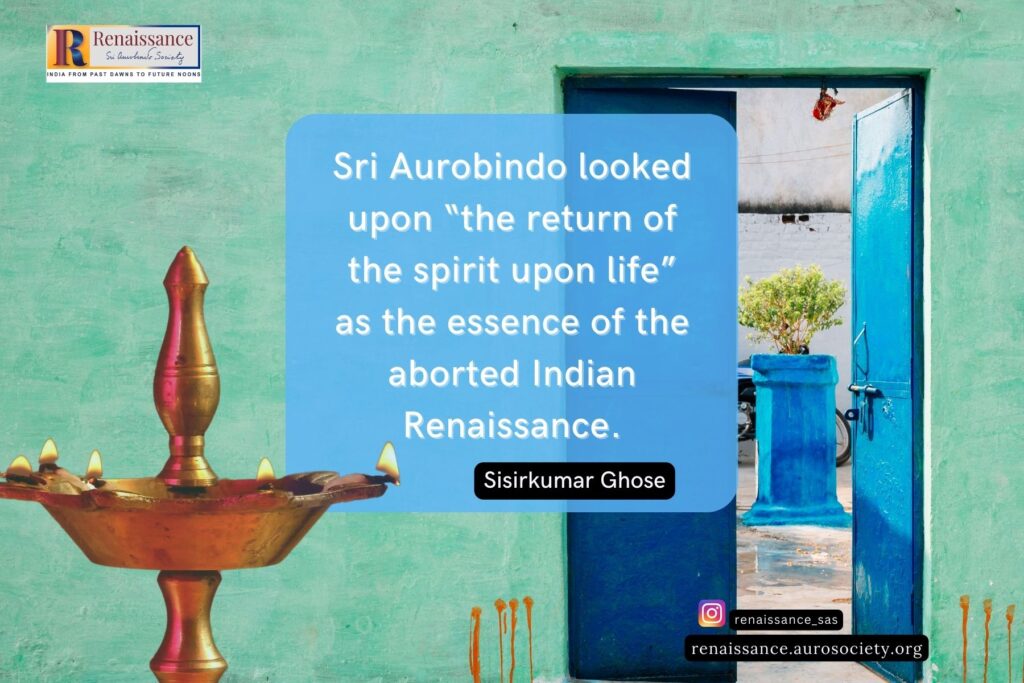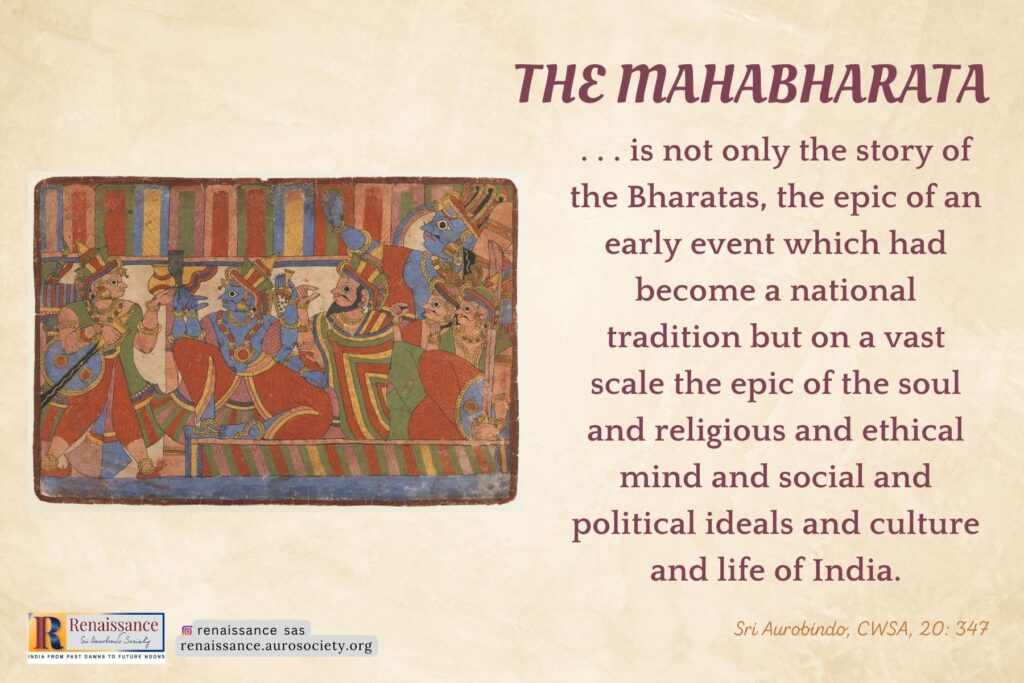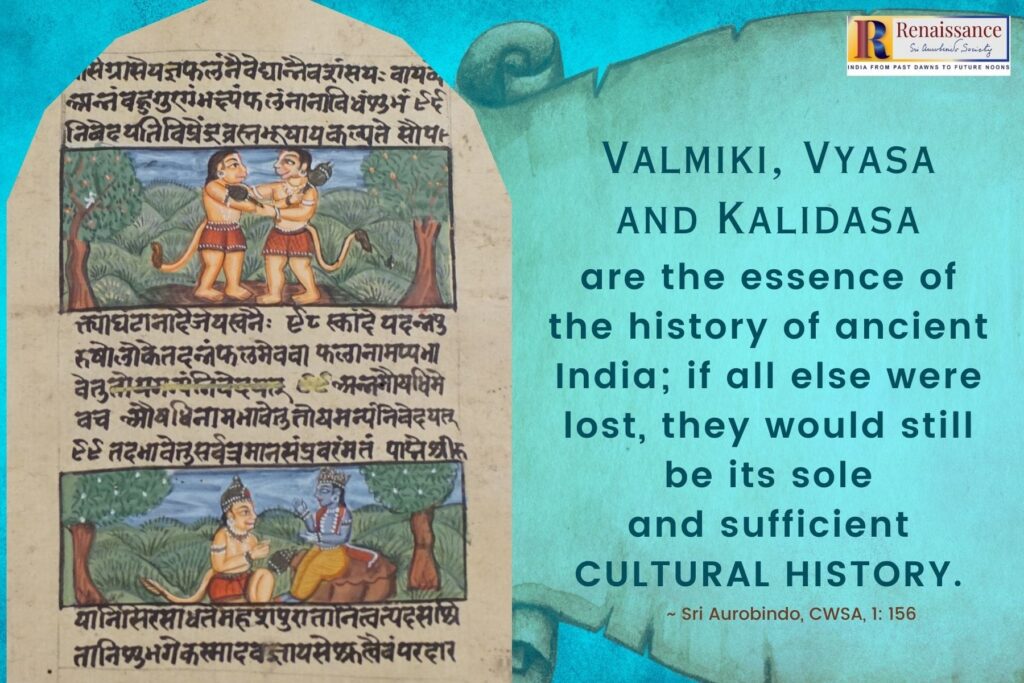New Dimensions in Spirituality – Part 2
“Sri Aurobindo’s linking of archetypal wisdom, its basic metapsychology to the modern crisis marks him as a mature visionary. The disproportionate development of a post-industrial society calls for a matching insight. To the anguish of modern man there is no remedy but the mystical,” writes the author.
New Dimensions in Spirituality – Part 2 Read More »



